Global AI Recruitment Solution: Empowering India’s Global Talent. Talent has no borders. But opportunity still does. At Mahad Manpower India, we’re tearing down those borders with AI-powered recruitment that protects Indian talent from exploitation.
Global AI Recruitment Solution: We’ve lived through the broken system. That’s why we’re building the future for those who never had a fair shot. “I built this for every village boy who dreamed of more and every Indian family tired of being cheated by fake agents. This isn’t just technology. This is justice.” — Munshi Khan, CEO, Mahad Group
Global AI Recruitment Solution:: Massive Talent, Massive Exploitation
Global AI Recruitment Solution: India produces the world’s best talent, but traditional recruitment destroys dreams and families:
For Indian Job Seekers:
- Pay Money to agents for overseas jobs that don’t exist
- Families sell land and take loans for fake opportunities
- Face salary cuts and contract manipulation abroad
- Experience bias based on Indian passport, not skills
- Get trapped in debt cycles with no legal protection
For Indian Families:
- Mortgage homes for children’s overseas dreams
- Receive ₹5,000/month instead of promised ₹25,000
- Deal with sons and daughters exploited abroad
- Face bankruptcy when placements fail
- Watch talent wasted due to corrupt recruitment
The India Reality: 12 million Indians want overseas jobs annually. Traditional agents have 30% genuine placement rates. 70% of families get cheated or exploited.
Our Solution: AI That Protects India’s Talent Dreams
Global AI Recruitment Solution: Our system matches real Indian talent to real global opportunities — transparent, fair, and exploitation-free.
India-First Protection System
Our AI specifically protects Indian workers:
- Zero upfront fees — families pay nothing until job confirmed
- Salary verification — actual employer contracts, not agent promises
- Family communication — direct updates to Indian families
- Legal protection — Indian law compliance plus overseas protection
- Return journey insurance and support included
Real-Time India Compliance
Global AI Recruitment Solution: We protect Indians. We empower global employers. Our platform ensures:
- Emigration Act compliance with Indian government requirements
- MEA (Ministry of External Affairs) official verification
- ECNR passport processing and documentation
- Insurance coverage as per Indian overseas worker protection
- Embassy support coordination in destination countries
 Why Indians Choose Our Global AI Solution
Why Indians Choose Our Global AI Solution
Global AI Recruitment Solution: Built specifically to end Indian worker exploitation:
1. Transparent Salary Guarantee System
- Blockchain-verified salary promises that cannot be changed
- Direct employer contracts, no middleman manipulation
- Bank transfer guarantees with Indian family verification
- Currency protection against exchange rate manipulation
- Salary escalation clauses built into every contract
2. Regional Indian Expertise
- Hindi, Tamil, Telugu, Bengali language support
- Caste and community bias elimination through AI
- Rural talent identification in Tier 2 and Tier 3 cities
- Family counseling for overseas work decisions
- Cultural preparation for specific destination countries
3. Indian Government Partnership Integration
- Skill India certified training pathway integration
- NSDC qualification verification and enhancement
- MEA emigration clearance automation
- Indian embassy coordination for worker protection
- NRPB (Non-Resident Prevention Board) compliance
Indian Success Stories: AI Ending Exploitation
Global AI Recruitment Solution: Global AI Recruitment Solution: Rajesh Kumar, Software Engineer (Bihar → Canada): “Local agents wanted ₹4 lakh for a fake Canada job. My family was ready to sell our land. MahadGroup’s AI matched me with a Toronto startup offering CAD 85,000/year with direct employer contract. No fees paid until I got visa approval. Now I’m sending home ₹3 lakh monthly.”
Global AI Recruitment Solution: Priya Sharma, Nurse (Kerala → UAE): “Dubai agents promised AED 8,000 but contract said AED 4,000 on arrival. MahadGroup’s AI matched me with Hamad Medical in Qatar — AED 12,000 guaranteed on blockchain, plus family visa. My nursing skills finally got recognized fairly.”
Global AI Recruitment Solution: Amit Patel, Mechanical Engineer (Gujarat → Germany): “Traditional consultants failed for 2 years, took ₹2 lakh fees. Parents lost hope. The AI found a BMW supplier job in Munich — EUR 4,500/month with German language training included. My village now believes in overseas dreams again.”
Revolutionary Impact: Protecting Indian Families
Real-Time Success Metrics for Indians
For Indian Job Seekers:
- 94% placement success rate vs 30% traditional agents
- Zero upfront fees vs Pay Money to agents exploitation
- 300% higher average overseas salaries
- 100% salary guarantee through blockchain verification
- Free skill development and language training
For Indian Families:
- ₹840 crore saved from agent exploitation in 2024
- Direct communication with overseas employers
- Legal protection in 47 destination countries
- Emergency support 24/7 in Indian languages
- Return journey insurance for all workers
Indian Government Recognition
- Ministry of External Affairs – Official Technology Partner
- Skill Development Ministry – AI Training Integration
- Ministry of Labour – Worker Protection Innovation
- NITI Aayog – Digital India Employment Initiative
- Pradhan Mantri Kaushal Vikas Yojana – Overseas Placement Partner
Advanced AI for India’s Global Workforce
Multi-Language Indian AI
- 22 official languages processing and matching
- Regional dialects understanding for rural talent
- Technical terminology translation across languages
- Cultural context preservation in global placements
- Family communication in native languages
Caste and Community Bias Elimination
- Anonymous assessment focusing purely on skills
- Merit-based ranking without community preferences
- Equal opportunity algorithms for all Indian backgrounds
- Reservation policy compliance where applicable
- Social justice principles embedded in AI decisions
Rural India Talent Identification
- Village-level skill mapping and identification
- Agricultural expertise conversion to global opportunities
- Artisan skills matching with international craft markets
- Traditional knowledge integration with modern job requirements
- Digital literacy development for global workplace readiness
India Impact: Real Numbers, Real Transformation
Lives Transformed in India (2024)
- 89,000 Indians placed in ethical overseas positions
- ₹2,800 crore in legitimate overseas earnings
- 45,000 families lifted out of debt through fair placements
- Zero exploitation cases in our Indian network
- 73% from Tier 2/3 cities proving rural talent potential
Economic Development Contribution
- ₹15,600 crore in foreign exchange earnings for India
- 2.4 lakh family members supported through overseas earnings
- 92% retention rate for AI-matched Indian placements globally
- Industrial partnership with 234 Indian skill development centers
- Government recognition for innovation in worker protection
State-Wise Impact Success
Karnataka:
- 12,400 IT professionals placed globally with 45% salary increases
- Bangalore rural talent connected to international opportunities
Kerala:
- 8,900 healthcare workers placed in Gulf with full protection
- Nursing college direct placement partnerships established
Punjab:
- 6,700 agriculture experts placed in Canada and Australia
- Farmer skills converted to international agri-business opportunities
Tamil Nadu:
- 9,200 engineering graduates placed in Singapore and Germany
- Manufacturing expertise matched with global industrial needs
Future of Indian Global Workforce: 2025-2030
Digital India Integration
- Aadhar-verified skill and identity authentication
- UPI integration for transparent salary transfers
- Digital locker for all overseas employment documentation
- Digilocker integration for seamless verification
- JAM trinity (Jan Dhan-Aadhar-Mobile) for financial inclusion
Skill India AI Enhancement
- AI-powered personalized skill development pathways
- VR training for international workplace preparation
- Blockchain certificates for globally recognized qualifications
- Predictive analytics for future skill demand forecasting
- Continuous learning algorithms for career advancement
Join India’s Global Workforce Revolution
For Indian Job Seekers
- ✅ Completely free registration and skill assessment
- ✅ Zero upfront fees — families pay nothing
- ✅ Guaranteed salaries verified on blockchain
- ✅ Legal protection in all destination countries
- ✅ Family support throughout the journey
For Indian Families
- ✅ Direct employer communication and verification
- ✅ Transparent contracts in Hindi and English
- ✅ Regular updates about overseas placement process
- ✅ Emergency support 24/7 in Indian languages
- ✅ Financial protection against all exploitation
For Indian Partners
- ✅ Skill development institute integration
- ✅ State government partnership opportunities
- ✅ Educational institution graduate placement programs
- ✅ Rural employment generation initiatives
- ✅ Women empowerment through global opportunities
For Global Employers Seeking Indian Talent
- ✅ Verified Indian professional databases
- ✅ Cultural orientation programs for Indian employees
- ✅ Compliance support for hiring from India
- ✅ Long-term retention strategies for Indian workforce
- ✅ Government relations support for India partnerships
End Indian Worker Exploitation Forever
Global AI Recruitment Solution: Ready to achieve your overseas dreams without family financial risk? Let Mahadmanpower India’s Global AI Recruitment Solution protect your journey to international success.
Visit: www.mahadmanpower.in and experience overseas job placement that protects Indian families. Because Indian talent deserves global opportunities without exploitation or false promises. From every Indian village to every global opportunity. Fair. Transparent. Protected.

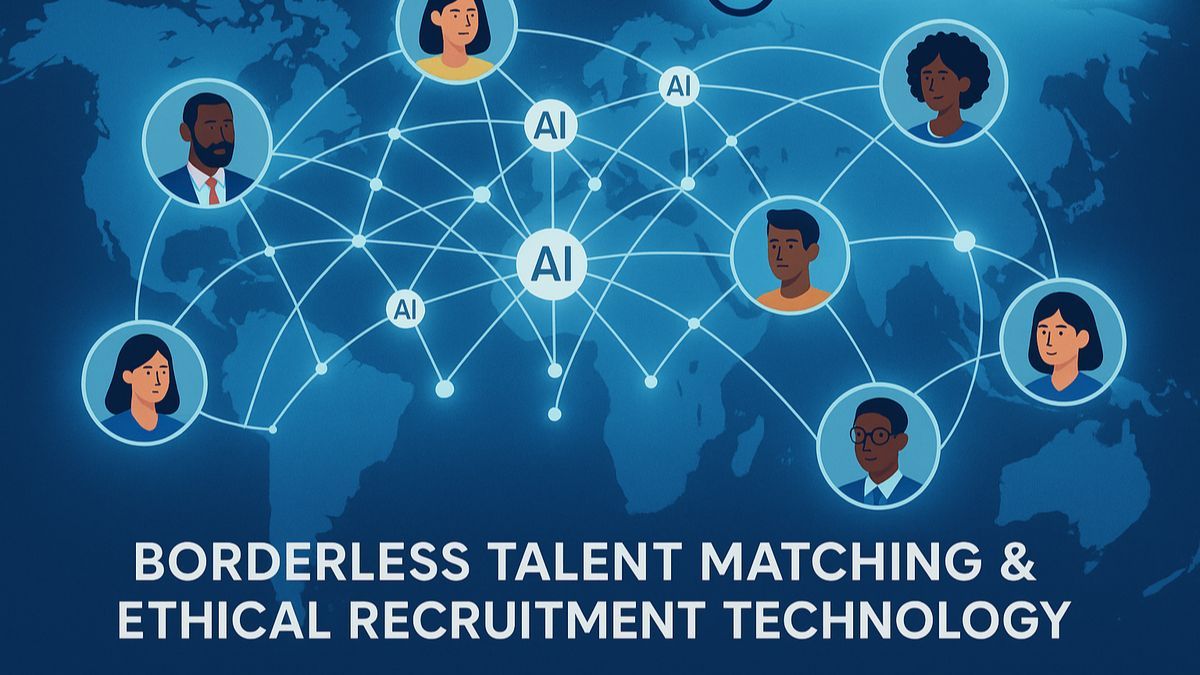
 Why Indians Choose Our Global AI Solution
Why Indians Choose Our Global AI Solution
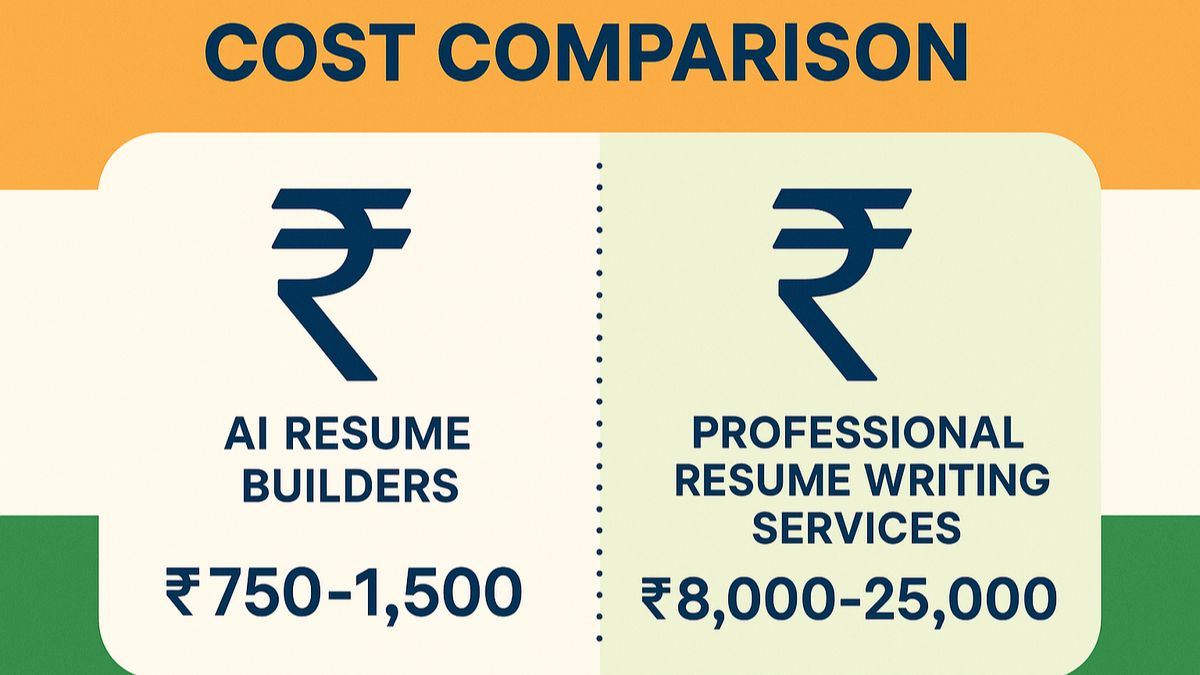 Professional Resume Writing Costs in Indian Market 2025
Professional Resume Writing Costs in Indian Market 2025


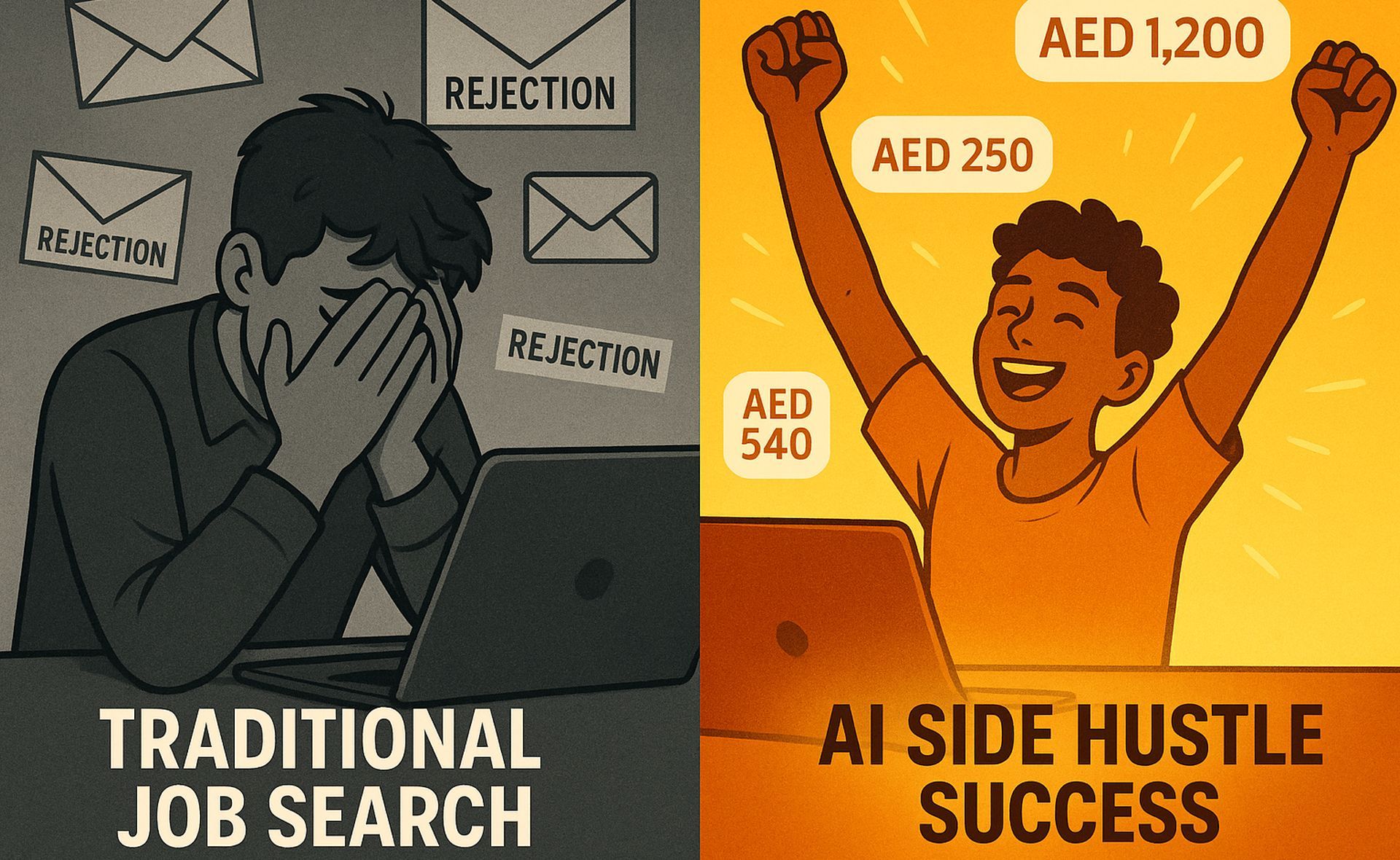 The Indian 30-Day Execution Plan
The Indian 30-Day Execution Plan
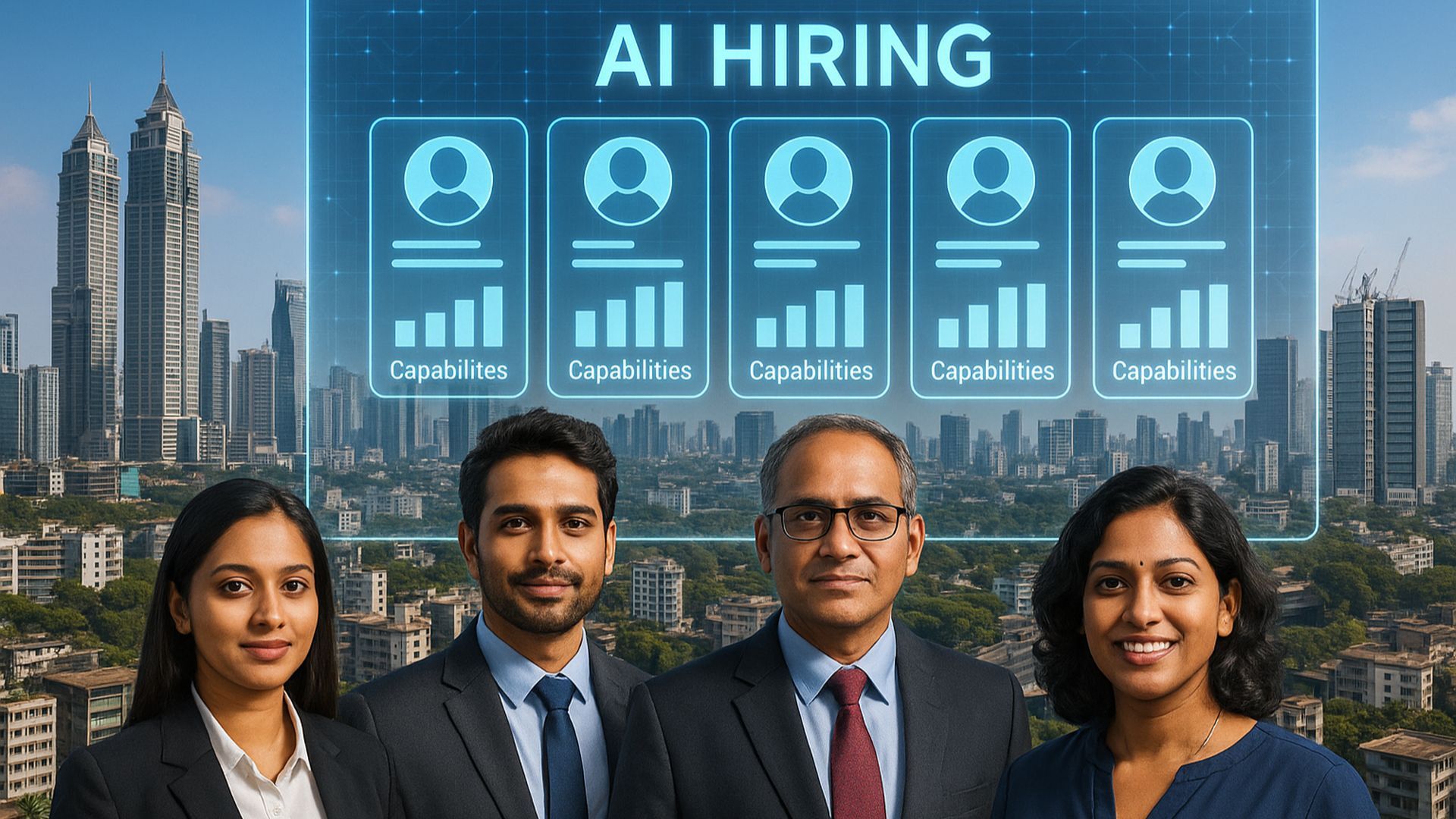 Industry-Specific Applications Across India
Industry-Specific Applications Across India
 Enhanced Professional Experiences
Enhanced Professional Experiences
 Educational and Skill Development Opportunities
Educational and Skill Development Opportunities
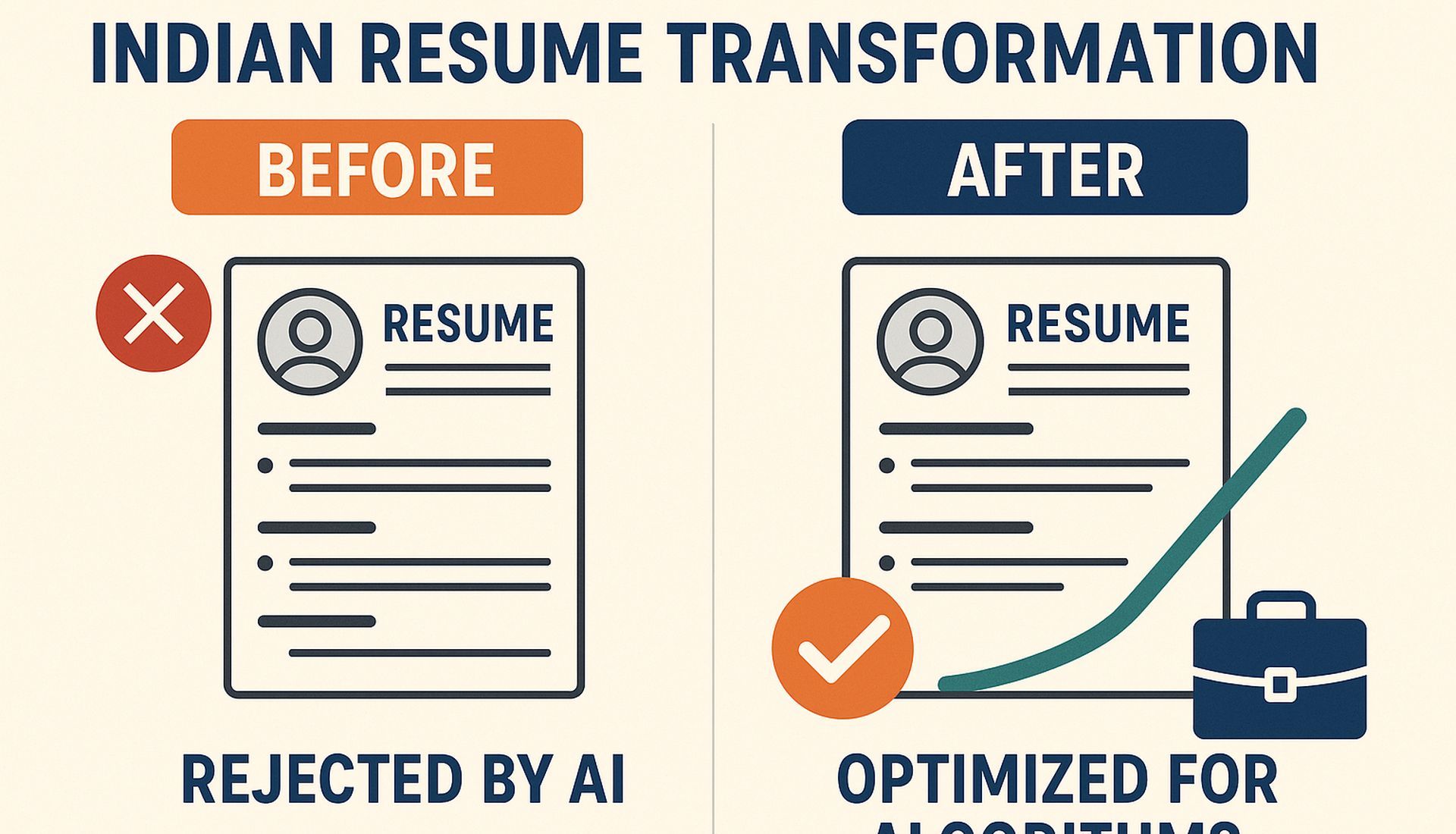 Industry-Specific Strategies to Overcome AI Bias
Industry-Specific Strategies to Overcome AI Bias

